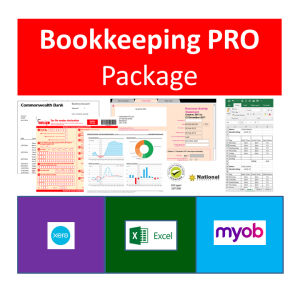Description
Market research is essential to business success. You must know what is happening in the market so that you can position your business strategically to capture the trade. You must identify
- your industry or industries.
- Who are the players?
- How does it work?
- What changes have happened recently?
- What trends are impacting on your possible product or service?
- Who are your competitors?
- Why should I buy from you?
Think of market research as the foundation of your business. Without it, you may have a short spurt of success but don’t plan on being around too long.
You must also prove that you have the skills, knowledge and attitude to meet the identified business opportunity, and that there is a growth potential for the business. Well documented research will prove a business concept and along with proof of capability of owner will provide grounds for funding. Learn about the laws of the market place, check out the laws related to your industry, fit your product or service to the needs of a target group.
We look at a simple layout that includes where you are now (market research, identification of opportunity, and a SWOT analysis that identifies your strengths and weaknesses in relation to the opportunity as well as areas of possible growth for the business) ;
Learning how to research is a skill in itself so once we go through some research fundamentals you’ll then finding out what is really happening in the market place. Documenting your research is how you prove your competency in this module.
This will no only validate your idea and strategy so it helps the entrepreneur with clarity and vision, but it’s also a very powerful tool when you are looking for investors or partners.
The Career Academy pathway to Nationally accredited training
After completing the pre-accredited online short course students can either go into business for themselves or explore options to complete a nationally accredited qualification and receive a Nationally recognised certificate.
Elements and Performance Criteria
|
ELEMENT |
PERFORMANCE CRITERIA |
|
Elements describe the essential outcomes. |
Performance criteria describe the performance needed to demonstrate achievement of the element. |
|
1. Identify elements of the business plan |
1.1 Identify purpose of the business plan 1.2 Identify and review essential components of the business plan 1.3 Identify and document business goals and objectives as a basis for measuring business performance |
|
2. Develop a business plan |
2.1 Research resources, legal and compliance requirements, specifically in relation to work health and safety (WHS), in accordance with business goals and objectives 2.2 Research market needs, and market size and potential 2.3 Identify sources and costs of finance, from financial plan, to provide required liquidity and profitability for the business 2.4 Identify methods, from marketing strategies, to promote market exposure of the business 2.5 Identify methods or means of production or operation from production or operations plan to conform with business goals and objectives 2.6 Identify staffing requirements to effectively produce or deliver products and services 2.7 Identify, assess and prioritise internal and external risks 2.8 Identify specialist services and sources of advice, where required, and cost in accordance with available resources |
|
3. Develop strategies for minimising risks |
3.1 Identify specific interests and objectives of relevant people and seek and confirm their support of planned business direction 3.2 Identify and develop risk management strategies according to business goals and objectives, and relevant legal requirements 3.3 Develop a contingency plan to address possible areas of non-conformance with the plan |
These are the requirements of the BSBSMB404 – Undertake small business planning accredited training package























